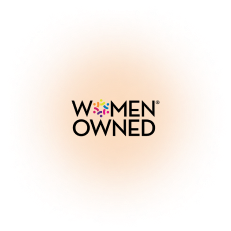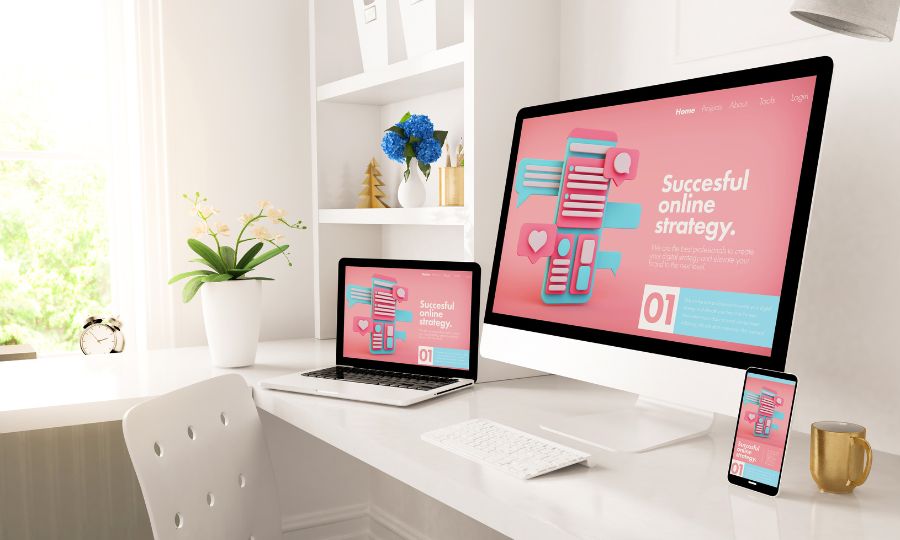Marketing Executive Search
MarketPro delivers top performing innovative marketing leaders. As a team of former marketing
professionals, we are uniquely qualified to separate "A" players from everyone else.
Learn More
Chief Marketing Officer
SVP Digital Marketing
VP Product Marketing
Director, Demand Generation
VP E-Commerce
SVP Brand
Chief Communications Officer
VP Marketing
VP Performance Marketing
SVP Media

Executive Marketing Recruiters
Leading executive search marketing firm guarantees hiring a CMOs and marketing directors in half the time compared to others marketing executive search firms.
Top 3 Reasons To Choose MarketPro
Expertise in Marketing
We are a team of former marketers from various disciplines, industries, and levels
(including CMO). Which uniquely qualifies us to separate A players from good storytellers.
Ensuring you get the best possible slate of talented marketing, digital, brand, product,
communications or e-commerce leaders.
Ensuring Culture & Leadership Fit
After our team finishes a deep dive marketing interview, the potential candidate is only
halfway through our process. Next, we conduct an equally thorough assessment of their fit
with your culture and leadership style.
Research Grounded Process
Top talent is not looking for a new opportunity. Our job is to find you the best possible
candidate and it begins with an incredibly thorough talent map. Once we know all the
appropriate potential candidates, we use our 26+ years in business and our deep network to
make sure every one of them are engaged in a meaningful conversation around your role and
why it could be the best next step for them.

A Boutique Search
Firm With Distinct
Advantages
Firm With Distinct
Advantages
- Top Talent. Our marketing expertise and industry-leading detailed search process leads to “A” players.
- Speed. We fill senior executive roles in 10-12 weeks, less than half the industry average.
- Grit. We won’t stop until we fill your need with the best person possible to transform your business.
- Wider talent pool. Fewer hands-off restrictions than the Big Five who can’t recruit from clients.
Why Our Customers Come Back
Marketpro’s unique approach to
marketing executive search
All Testimonials
marketing executive search
We Work For You

For Employers
Build a better marketing team, get better marketing results. It doesn’t have to be
complicated. Put today’s top marketers on your side.
Request Talent

For Marketing Talent
Move your career forward by leaps and bounds. Grow your marketing ability with amazing
clients.
See Jobs
Download This
Must-Have Asset
Must-Have Asset
“The CEO’s 20-Minute Checklist to Evaluating Marketing Effectiveness” to get a practical understanding of how well your marketing department is functioning.










